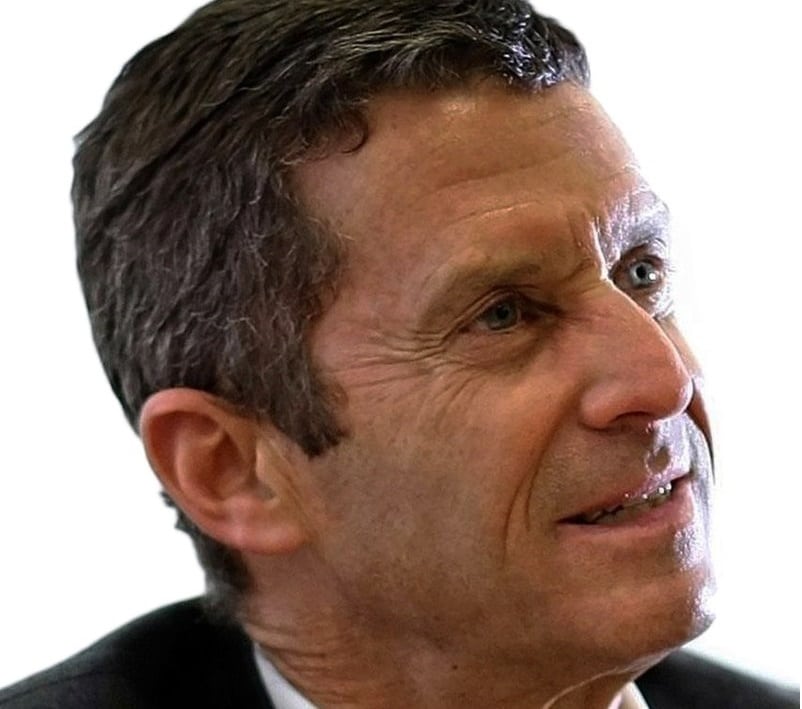
Three economists Daron Acemoglu, Simon Johnson and James Robinson have won the 2024 Nobel Prize in Economics, the Royal Swedish Academy of Sciences announced on Monday.
The Nobel Committee praised the trio for explaining why “societies with a poor rule of law and institutions that exploit the population do not generate growth or change for the better.”
Nobel Prize in Economics awarded for pioneering work
“When Europeans colonized large parts of the globe, the institutions in those societies changed,” the committee said, citing the trio’s work. While in many places this was aimed at exploiting the indigenous population, in other places it laid the foundations for inclusive political and economic systems.
“The laureates have shown that one explanation for differences in countries’ prosperity is the societal institutions that were introduced during colonization,” the committee added.
Countries that developed “inclusive institutions” have over time become prosperous, while those that developed “extractive institutions” have experienced persistently low economic growth.
In their 2012 book “Why Nations Fail,” Acemoglu, a Turkish-American professor at the Massachusetts Institute of Technology, and Robinson, a British professor at the University of Chicago, argue that some nations are wealthier than others because of their political and economic institutions.
The book opens with a comparison of living standards in two towns called Nogales – one in Arizona and one south of the border in Mexico’s Sonora region. Whereas some economists have argued that differences in climate, agriculture and culture have huge impacts on a place’s prosperity, Acemoglu and Robinson argue that those living in Nogales, Arizona, are healthier and wealthier because of the relative strength of their local institutions.
The prestigious award, formally known as the Sveriges Riksbank Prize in Economic Sciences in Memory of Alfred Nobel, is the final prize to be given out this year and is worth 11 million Swedish crowns ($1.1 million).
2024 Nobel winners
On Friday the 2024 Nobel Peace Prize was awarded to the grassroots Japanese atomic bomb survivor movement Nihon Hidankyo.
The committee chair, Jørgen Watne Frydnes, described Nihon Hidankyo as “a grassroots movement of atomic bomb survivors from Hiroshima and Nagasaki, also known as Hibakusha”.
The Norwegian Nobel Committee said it wanted to “honor all atomic bomb survivors from Hiroshima and Nagasaki who, despite physical suffering and painful memories, have chosen to use their costly experience to cultivate hope and engagement for peace”.
The Swedish Academy announced on Thursday that the 2024 Nobel Prize in Literature was awarded to South Korean author Han Kang. She is the first South Korean to win the Nobel Prize in Literature.
She was awarded “for her intense poetic prose that confronts historical traumas and exposes the fragility of human life.”
Greek writer Ersi Sotiropoulou was also among the favorites to win the Nobel Prize in Literature.
On Wednesday, Greek Cypriot Demis Hassabis was among the three scientists who won the Nobel Prize in Chemistry for his work on predicting the structure of proteins using artificial intelligence.
Hassabis was honored with the prestigious ward along with his colleagues David Baker and John Jumper.
Related: Google’s Nobel Laureates Shows Recognition for AI


